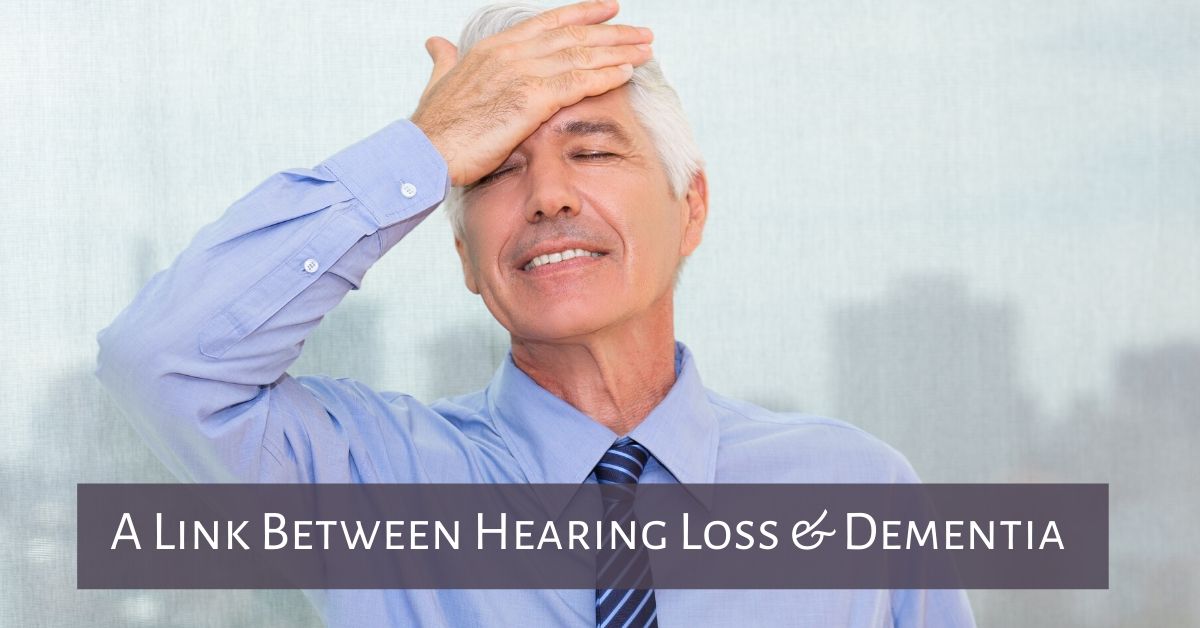Dementia has held the national interest for quite a while as our population ages and we find ways to keep our nation fit and healthy as we can. It is not a guaranteed outcome or condition of the aging process but its prevalence cannot be ignored. How can we treat cognitive decline and dementia in a preventative manner and what does our hearing health have to do with it?
The following article will address the connection between our hearing health and its relationship to some of the critical impacts it has on the aforementioned conditions.
Symptoms of unchecked hearing loss
One of the most common symptoms is gradual withdrawal from conversations and social situations. Fatigue from over-compensating for hearing decline, an inability to clarify speech from noise, misunderstandings, miscommunications, and constantly trying to fill in the blanks while conversing. These are some of the experiences that can lead a sufferer to isolate themselves from social and intimate situations.
Often, close friends, family, and loved ones are the first to notice. How does the dwindling of communicative abilities affect our cognitive health? We rely heavily upon our sense of hearing to receive, engage, and react appropriately via verbal discourse.
We develop neural networks at an early age to recognize sounds that alert us to nurturing or dangerous situations.
Throughout our lives, we build many pathways that allow us to interpret sound into recognizable language. We depend upon complicated, intricately balanced mechanisms of the hearing process to sustain our cognitive health. Once these processes are compromised it negatively impacts our complex neural pathways resulting in impaired communication.
Common symptoms are:
- Increased volume to the discomfort of others
- Increased requests for repetition during a conversation
- Unable to keep up with topic changes
- Unaware of being spoken to unless facing a person directly
Cognitive decline feeds upon itself, as the general trend is to withdraw and isolate. Once we travel down this road, it becomes harder and harder emotionally to get back into the normal circles of socialization. This then leads to further disrepair of our mental and physical health.
Our ability to enjoy sounds and communicate with others lessens as the hearing loss creates a disruption in the processes that carry sound from our ear to our brain. As normal pathways are corrupted we lose the connection to what was once familiar. The clarity of speech is distorted. Sounds that were once easily perceived and interpreted arrive muffled, interrupted, and at times incomprehensible.
Prevention
How do we empower ourselves and others to take decisive action? As stated by the World Health Organization and the Center for Disease Control and Prevention, early detection is the key. According to Dr. Frank Lin of Johns Hopkins University School of Medicine, by 2050, we will have 1 in 50 Americans suffering from dementia.
His synopsis supports that 2 to 5 fold increase in the risk of dementia occurring in relative to the presence of hearing loss.
Though the impaired auditory process is not a causal factor there is a definitive link and that is why it is imperative to maintain our auditory health. Because of the insidious nature of hearing loss, the best strategy is to have a comprehensive hearing exam followed by a treatment program specific to your hearing needs.
The connection of hearing loss and cognitive decline is not dependent solely upon age either. Once hearing loss begins its journey unchecked and left untreated the loss becomes permanent.
Taking Action
There is plenty that can be done to mitigate the effects of degenerated hearing and its ripple effect on our lives. Most importantly, technology and treatments are readily available for those that seek it out. Public spaces are becoming increasingly hearing impaired accessible ranging from transportation hubs to concert halls. Our private spaces can be modified with assistive hearing devices and our own behavioral and lifestyle changes to sustain our hearing health.
Formulating a strategy with the help of your loved one and a health professional is a good first step. Maintaining an active social and physical lifestyle, with consistency as well as staying curious, inquisitive, and mentally agile. Make a decisive effort to not be one of the almost 30 million Americans that could benefit from hearing aids but have foregone that choice or limiting the chances of hearing loss controlling every aspect of your life. Contact us today to learn more about hearing testing and our hearing aid services.

